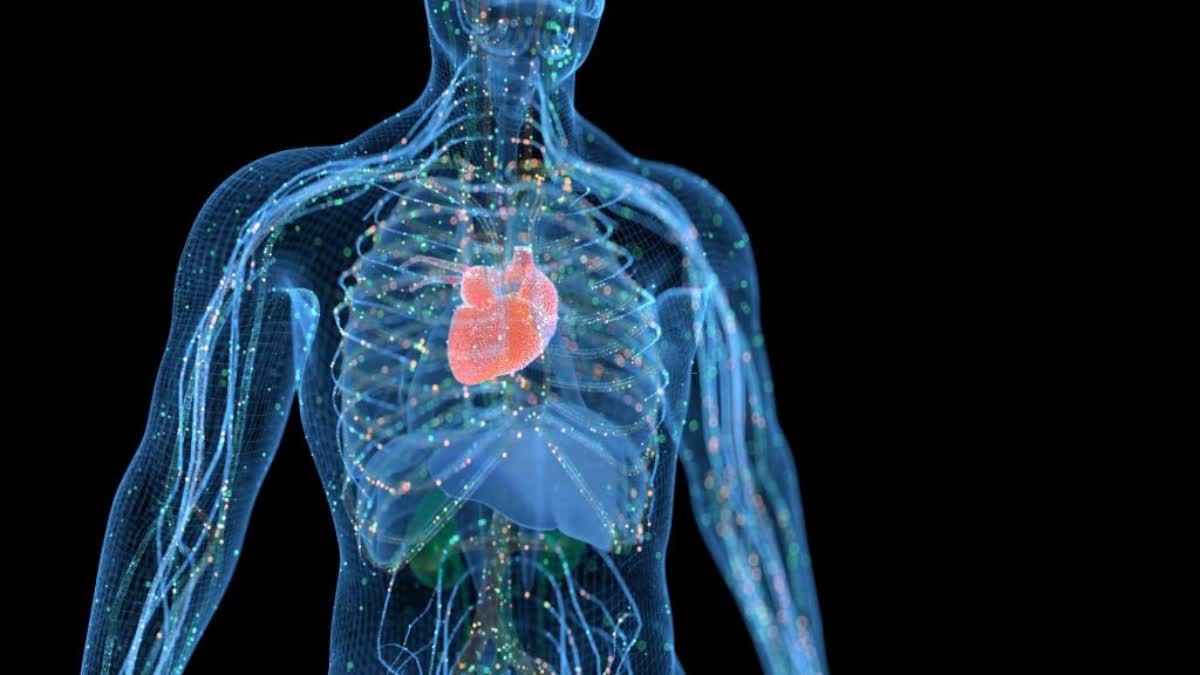New Delhi: Human body's natural process of removing old and damaged cell parts could be harnessed to treat infections like tuberculosis (TB), reducing reliance on antibiotics, according to a new study. Researchers at the Francis Crick Institute, UK, investigated genes important for bacteria to evade autophagy, a self-destruction mechanism cells resort to when stressed. Their study is published in Nature Microbiology.
According to the study, from induced pluripotent stem cells, a kind of specialist stem cells and are able to become any cell type in the body, the scientists engineered macrophages, or human immune cells. Following this, they disabled these macrophages from performing autophagy using genome editing tools. The cells were then infected with Mycobacterium tuberculosis, bacteria causing TB.
The scientists found that the infection took hold, replicating more within the edited macrophages and causing mass host-cell death. The results evidence the role of autophagy in controlling infections like TB. This pathway, if strengthened, could make existing antibiotic drugs more effective or present an alternative to drugs where bacteria have evolved resistance, the study said.
Also read: World Tuberculosis Day 2023: "Yes! We can end TB!"
"As immunotherapies have harnessed the immune system to fight cancer, boosting this immune defence with a host-directed therapy, could be a valuable new tool in the fight against infections, particularly those becoming resistant to antibiotics," said Max Gutierrez, head of the Host-Pathogen Interactions in Tuberculosis Laboratory at the Crick.
The team also validated their results using macrophages isolated from blood samples, confirming the importance of autophagy in human defences. "TB is a great example of where targeting our own immune defences could be really effective, because it takes a very long course of different antibiotic treatments to effectively remove the infection.
"Anything that can be done to more effectively remove bacteria, could also make a huge difference to the cost and accessibility of treatments," Beren Aylan, co-first author and PhD student at the Crick. The team is now planning to screen for drug compounds that could boost autophagy in a targeted way. March 24 is World TB Day. (PTI)



